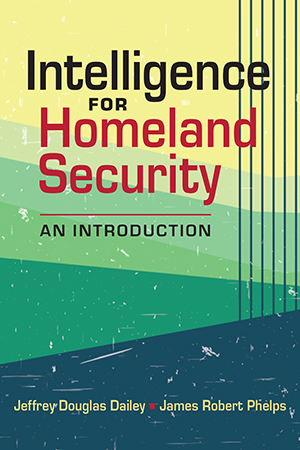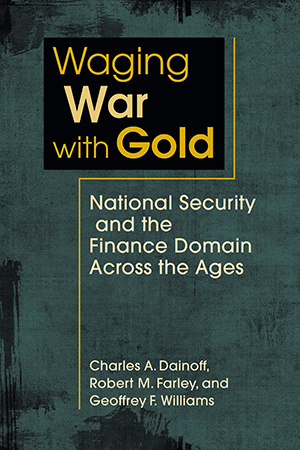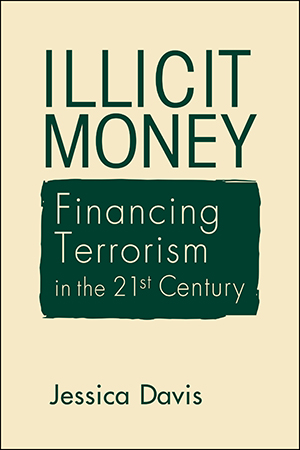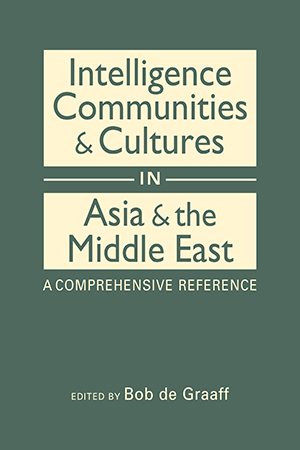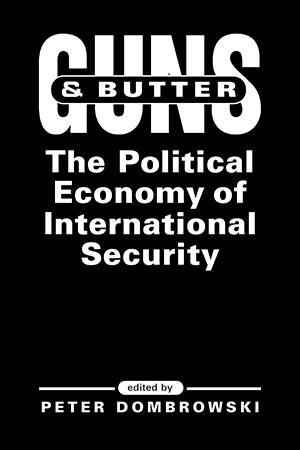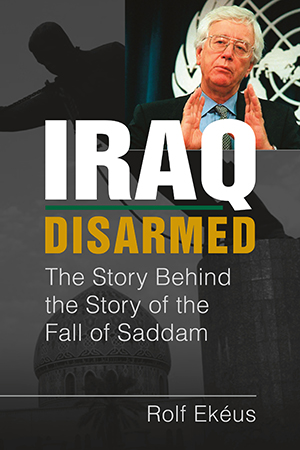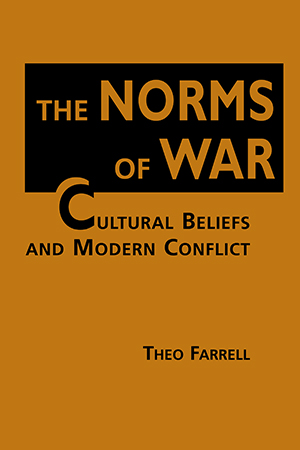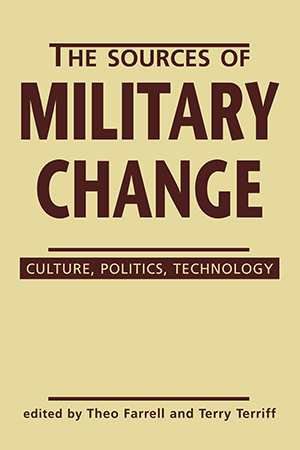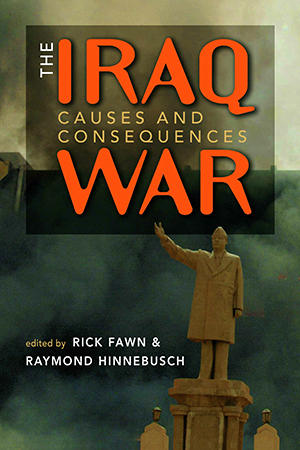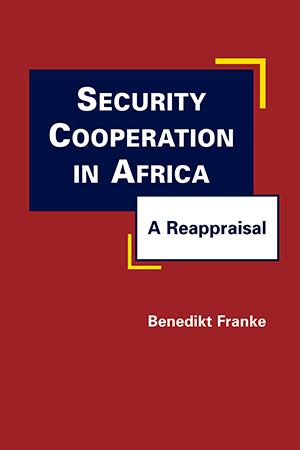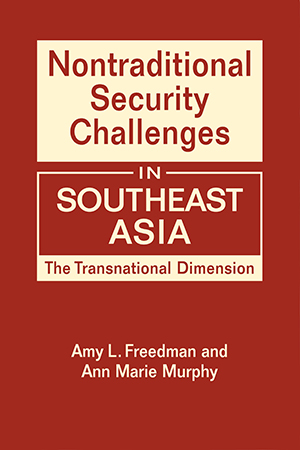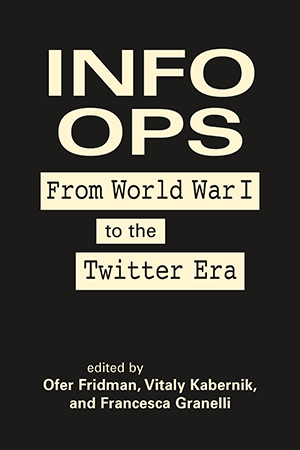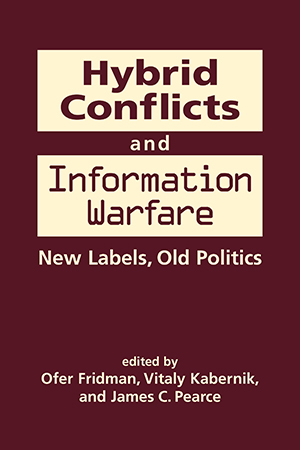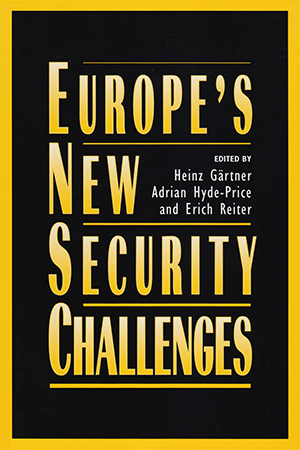Security & Intelligence Studies
Aldrich James, Timothy McVeigh. Kim Philby. Julius and Ethel Rosenberg. Edward Snowden. These are just a few of the people well known for willfully jeopardizing US national security. What More >
Since the September 11 terrorist attacks—considered one of the worst intelligence failures in US history—the many agencies that constitute the homeland security enterprise have More >
"The sinews of war," posited Cicero, "are infinite money." Can the same be said of security? Tackling this thought-provoking question, the authors of Waging War with Gold More >
Terrorists need money ... to recruit and train people, to buy weapons, to maintain safe houses, to carry out attacks. Which raises the question: how do they procure and protect funds to More >
How are intelligence systems structured in countries across Asia and the Middle East—from Russia to India, from Turkey to China and Japan, from Kazakhstan to Saudi Arabia? In what ways More >
Reflecting the growing interest among scholars and practitioners in the relationship between security affairs and economics, this new volume explores the nature of that relationship in the More >
"The quest to disarm Iraq took place between two wars—one justified and right, the other a dreadful mistake, a violation of international law that led to hundreds of thousands of More >
Although the horrors of war are manifest, academic debate is dominated by accounts that reinforce the concept of warfare as a rational project. Seeking to explain this paradox—to More >
In varying circumstances, military organizations around the world are undergoing major restructuring. This book explores why, and how, militaries change. The authors focus on a complex of More >
While the war in Afghanistan saw most industrial countries back the US-led campaign, the subsequent war in Iraq profoundly divided international opinion—and likely represents a More >
In the midst of the atrocities reported in the Democratic Republic of Congo, the seemingly constant strife in the Horn of Africa, and the ongoing violence in Darfur, how do we make sense of More >
With the countries of Southeast Asia increasingly challenged by a plethora of nontraditional security issues—climate change, food and water security, infectious diseases, and migration More >
Since antiquity, information has been used in conflict—to deceive, to demoralize, to sow fear among enemy troops. Not until the twentieth century, though, did information operations More >
What is hybrid warfare? And what role does information play in today's conflicts? In the context of the technological/information revolution of the last two decades—which has More >
A central point of controversy among both academics and policymakers is the nature and significance of security in the post–Cold War world. Engaging that discussion, this original More >



